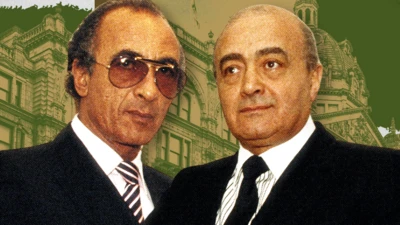We've updated our Privacy and Cookies Policy
We've made some important changes to our Privacy and Cookies Policy and we want you to know what this means for you and your data.
Comcast buys rival Time Warner Cable for $45bn
Image source, Reuters
Comcast has confirmed a deal to acquire Time Warner Cable for about $45bn (ÂŁ27bn), creating a company that could control three-quarters of the US cable industry.
for its rival in an all-stock deal.
The deal comes after Time Warner Cable rejected a $60bn bid from Charter Communications last month, calling their offer "grossly inadequate".
However, any merger is likely to face tight scrutiny from US regulators.
Time Warner Cable has been the subject of an eight-month takeover battle by smaller cable operator Charter Communications.
Comcast is the biggest cable television provider in the US and owns the NBC broadcast network, as well as the Universal film studio.
Different markets
"The combination of Time Warner Cable and Comcast creates an exciting opportunity for our company, for our customers, and for our shareholders," .
With 22 million of its own pay TV customers and Time Warner Cable's 11 million, the combined entity will end up with about 30 million subscribers when the deal is complete.
Comcast argues that as it and Time Warner Cable serve different markets, their combination will not reduce competition for consumers.
Comcast operates mainly in the northeast, including its home town of Philadelphia and Boston, Washington and Chicago.
Time Warner Cable's subscribers are centred around its New York headquarter, as well as Los Angeles, Dallas and Milwaukee.
In many of those areas, the new Comcast/Time Warner Cable group will face competition from rivals such as AT&T and Verizon.
'Bully in the schoolyard'
However, Public Knowledge, a Washington-based consumer rights group, called on regulators to stop the deal.
It said the merger would give Comcast "unprecedented gatekeeper power in several important markets."
"An enlarged Comcast would be the bully in the schoolyard," it added.
The companies hope to make significant cost savings - of up to $1.5bn in annual costs over three years, with half of that coming in the first year.
In a statement admitting defeat, Charter said it had, "always maintained that our greatest opportunity to create value for shareholders is by executing our current business plan."
"We will continue to be disciplined in this and any other activity we pursue."
Top Stories
More to explore
Most read
Content is not available








